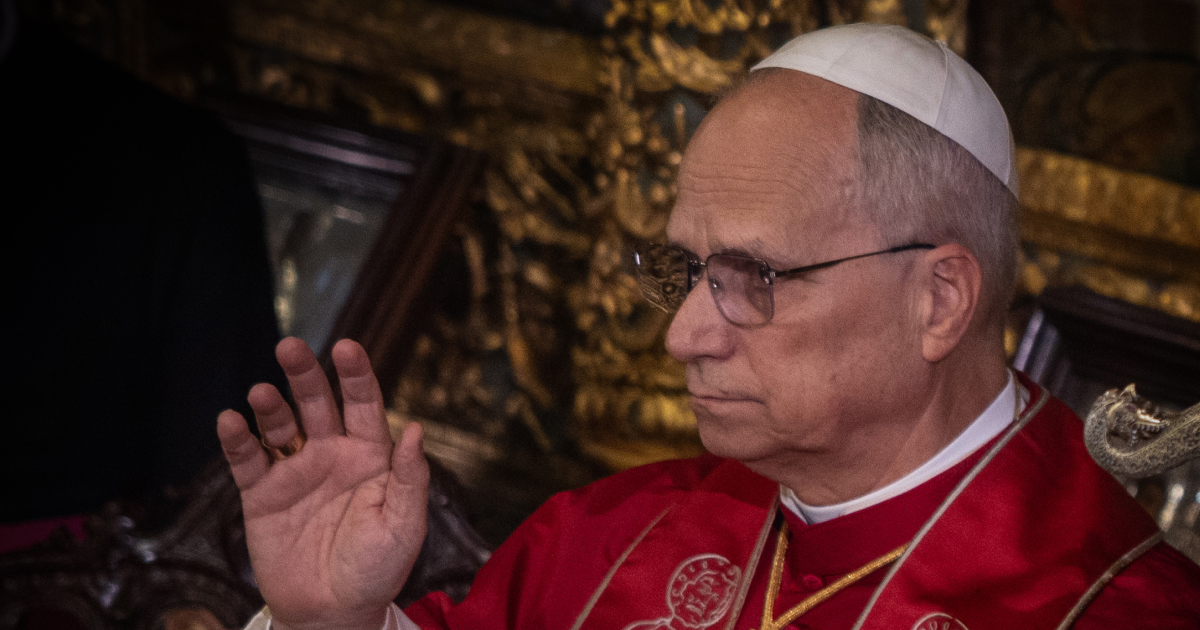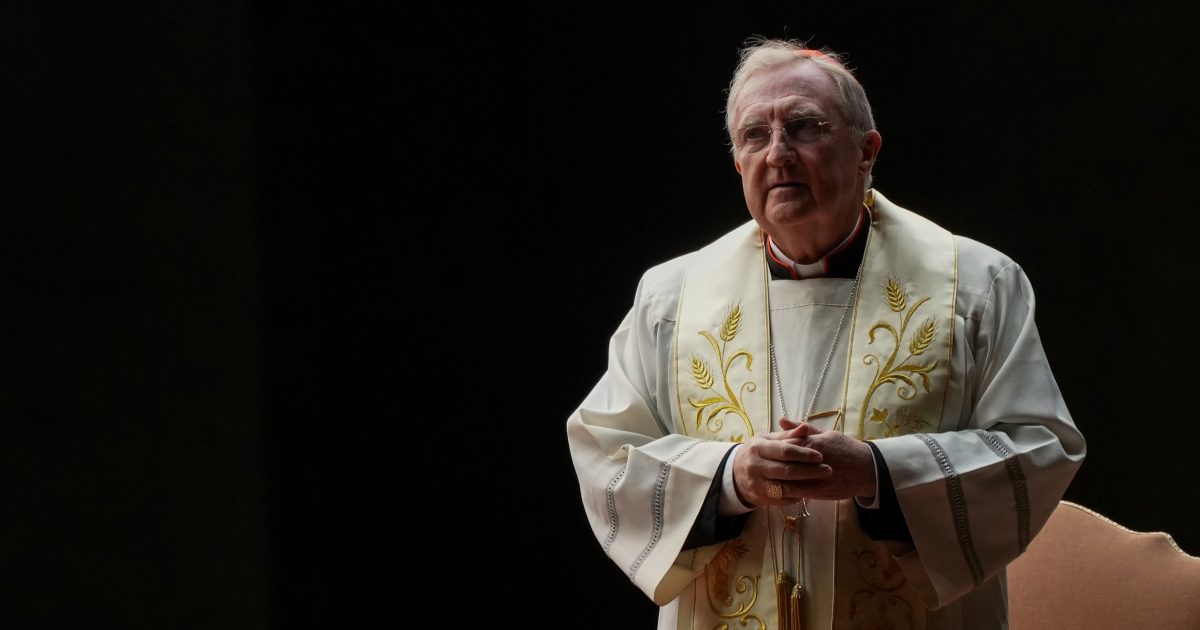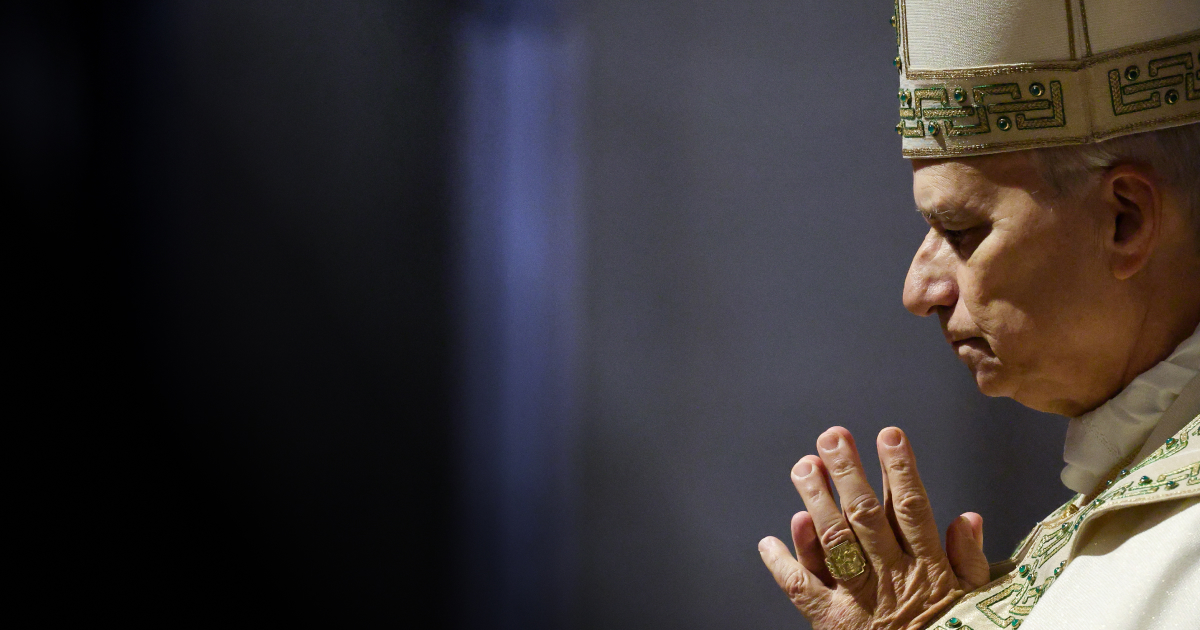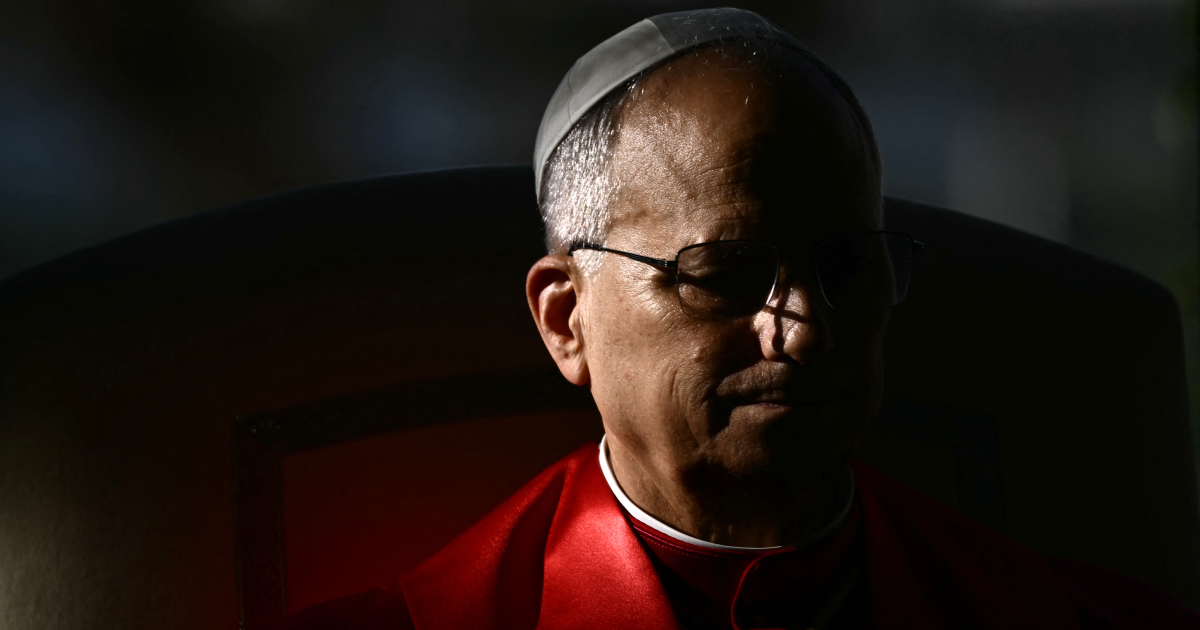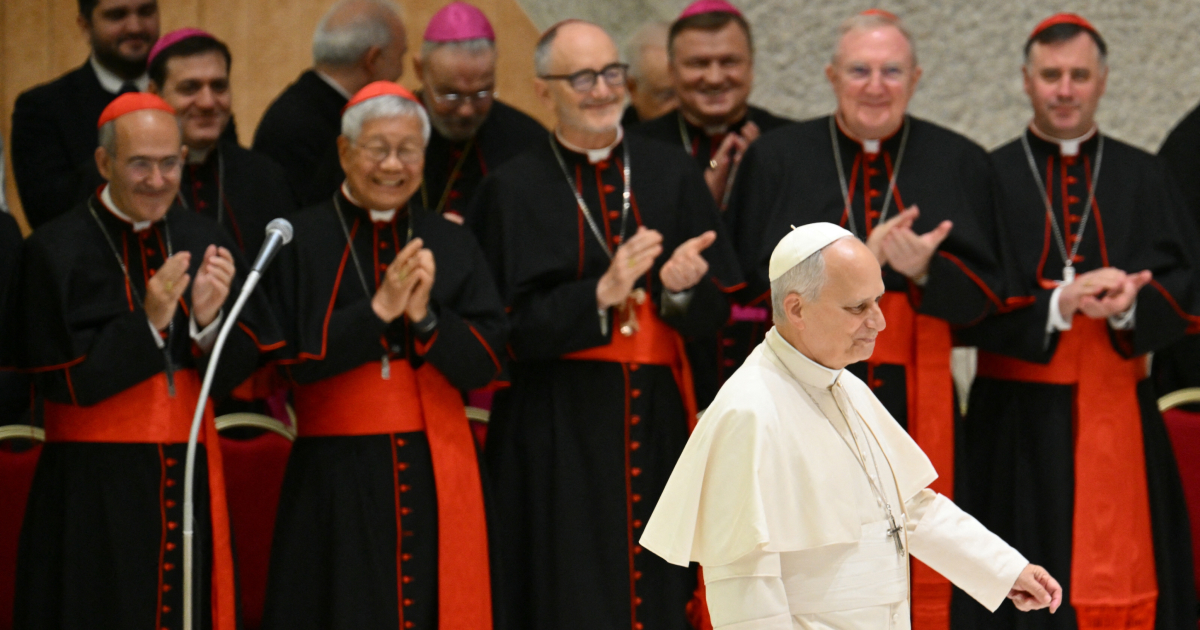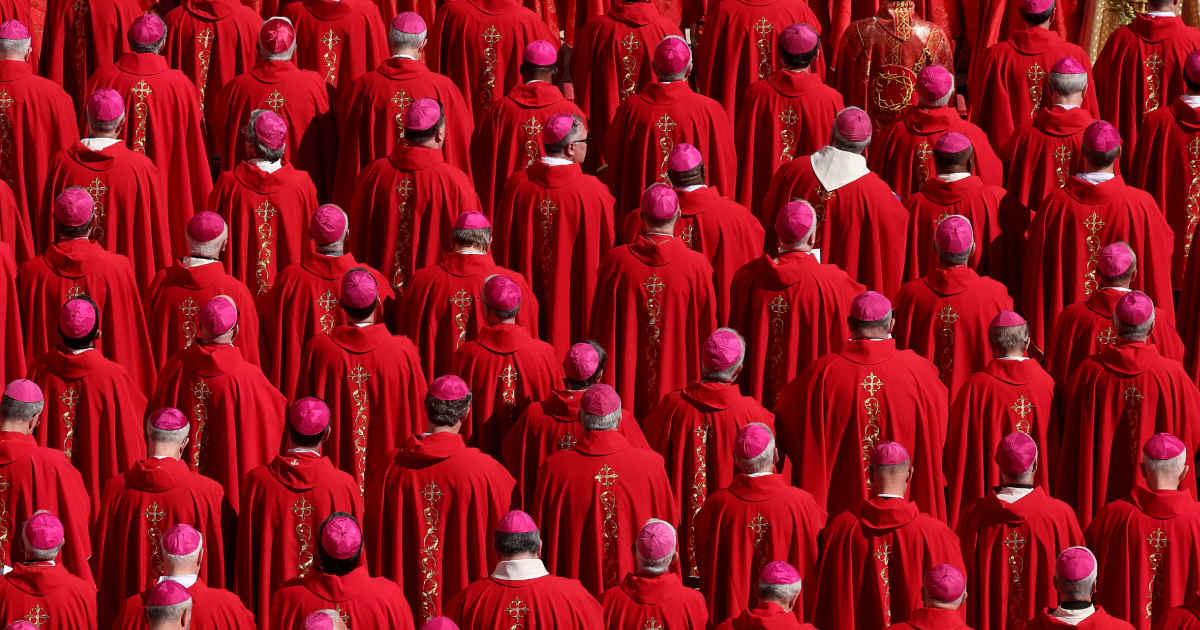Cardinal Parolin has said that attacks on Christians in Nigeria stem from social rather than religious causes, citing shared suffering among Christians and Muslims alike.
At an event in Rome marking the release of the 2025 Religious Freedom Report by Aid to the Church in Need (ACN), the Holy See’s Secretary of State, Cardinal Pietro Parolin, asserted that the conflict “is not a religious conflict, but rather a social one — for example, disputes between herders and farmers.”
He added pointedly: “We should also recognise that many Muslims in Nigeria are themselves victims of this same intolerance.” He further warned: “These are extremist groups that make no distinctions in pursuing their goals. They use violence against anyone they see as an opponent.”
In his keynote address, Cardinal Parolin affirmed that “religious freedom [is] a fundamental aspect of human existence” and stressed that “it is incumbent upon governments and communities alike to refrain from compelling anyone to violate their deeply held convictions or obstructing anybody from living them out authentically.”
The Italian cardinal’s remarks come amid mounting international concern over the plight of Christians in Nigeria’s Middle Belt, where farmers and herders — often Christians and Muslims — have been drawn into cycles of violence.
The remarks by Cardinal Parolin have sparked immediate criticism from observers who argue that they risk downplaying the nature of the attacks in Nigeria. The advocacy group Observatory of Religious Freedom in Africa (ORFA) described the cardinal’s claim that the violence “is not a religious conflict” as a “myth”, pointing to data indicating that over half of civilian victims in certain Nigerian attacks were Christian.
Others voiced concern that such framing may obscure the targeted nature of assaults on churches, priests, and Christian communities.
The ACN’s 2025 Religious Freedom Report, launched at the same event, revealed that more than five billion people — around two-thirds of the world’s population — live in countries where serious violations of religious freedom occur. Of the 196 nations surveyed, 62 were found to have significant restrictions on religious liberty, with 24 classed as “persecution” and 38 as “discrimination”.
The report identified jihadist violence as the leading cause of persecution in 15 countries and discrimination in 10 others, with Sub-Saharan Africa the region most affected. It also recorded a sharp rise in anti-Christian vandalism across Western nations, including almost 1,000 attacks on churches in France. Meanwhile, authoritarian regimes such as China, Iran, and Nicaragua continue to employ digital surveillance to curtail religious activity. Only two countries, Kazakhstan and Sri Lanka, showed measurable improvement over the past year.
A spokesperson for ACN (UK) later told The Catholic Herald: “Bishop Bakeni was in accord with Cardinal Parolin, telling the UK Parliament yesterday (Tuesday 21st) that ‘the conflict is not solely about religion’. The Nigerian bishop was clear that the underlying causes of the violence in the Middle Belt are complex, including lack of land, poverty, and climate change. But Bishop Bakeni pointed out that even if the attacks are not primarily driven by religion, there is a religious dimension to them as Islamist extremists target churches, priests, and symbols of Christianity. It is worth noting that His Eminence Cardinal Pietro Parolin did not mention Nigeria during his talk at the launch of ACN’s Religious Freedom in the World report in Rome, and his alleged comments refer to remarks made to journalists outside the event.”
(Photo by Christopher Furlong/Getty Images)





.jpg)


